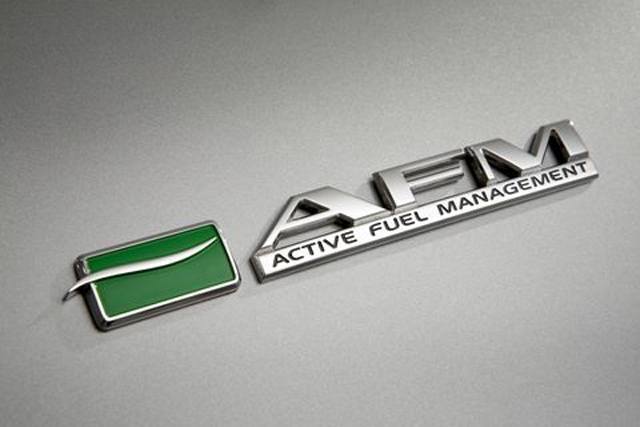Over the past few years, the Active Fuel Management (AFM) system, often referred to as cylinder deactivation, in GMC and Chevy vehicles has been associated with excessive oil consumption. While GM introduced a supposed fix for this issue as early as April 2013 (TSB 10-06-01-008G), many owners are still reporting problems. Is the AFM system fundamentally flawed, or is it just a case of poor execution?

The AFM system used in GMC/Chevy cars and trucks continues to consume oil. Will there ever be a definitive solution?
The majority of GMC and Chevy owners are aware of, or will soon learn about, the excessive oil consumption issue affecting their vehicles. What adds to the frustration is the unpredictability of the problem—some owners experience it while others don't. Initially, GM required owners to return their vehicles multiple times to demonstrate the issue, but this requirement has since been dropped.
What Causes the Problem?
Based on owner reports, when the AFM system deactivates a cylinder, oil can escape. There’s also speculation that the pistons in deactivated cylinders overheat, causing the oil to burn onto the piston and rings. Officially, GM attributes the issue to two main causes: oil being drawn through the PCV system or oil spraying from the AFM pressure relief valve inside the crankcase. Under normal driving conditions, the sprayed oil typically isn't problematic, but under specific circumstances—such as prolonged high-speed operation—the amount of oil discharged can increase, leading to excessive deposits in the piston ring grooves. This results in heightened oil consumption and potential damage to spark plugs (#1 and/or #7).
There's also evidence suggesting that oil consumption becomes more pronounced in vehicles with higher mileage, particularly between 48,000 to 64,000 kilometers (30,000 to 40,000 miles). For GM, this mileage range might seem high, but for many vehicle owners, it's well within the expected lifespan of their car.
Additionally, GM previously had stricter criteria for determining whether a vehicle qualified for repair due to oil consumption issues. However, these criteria have since been relaxed. Moreover, GM has adjusted its acceptable oil consumption threshold from 1 quart per 2,000 miles to 1 quart per 2,000 to 3,000 miles. Therefore, if you get your oil changed every 5,000 miles, you could still be slightly below the acceptable limit.
Most owners report that dealerships address the issue by replacing components such as valve covers, oil deflectors, lifters, pistons, and rings. They also install an AFM "shield" designed to prevent oil from escaping. In some cases, entire engines are replaced. Surprisingly, even after receiving new engines, some owners continue to face the same problem repeatedly.
Disabling the AFM system seems to be the most effective long-term solution, but GM dealerships are reluctant to perform this modification. Fortunately, there are aftermarket tuners available for GM vehicles that allow you to deactivate the AFM system. However, doing so sacrifices one of GM's key selling points—better fuel efficiency.
AFM/Cylinder Deactivation
In theory, the concept of activating cylinders only when needed is an excellent strategy to reduce fuel costs. It also helps automakers like GM meet stricter fuel economy standards and comply with regulations like the 2016 CAFE requirements. But if you're constantly adding oil, does it really save fuel in the long run?
Interestingly, Honda owners have expressed similar concerns about their Variable Cylinder Management (VCM) system, which functions similarly to GM's AFM. As of now, Toyota does not offer cylinder deactivation in any of its models.
What are your thoughts on cylinder deactivation? Do you believe GM's revised oil consumption thresholds strike the right balance, or do they downplay the severity of the issue?
Below are some related posts you might find interesting:
Let me know if you have any thoughts or experiences related to this issue. I'd love to hear from fellow car enthusiasts who might have insights or solutions to share.
HTD MACHINERY , https://www.jeehtd.com
 Toyota Still #1
Toyota Still #1
 Toyota Recalls Nearly 1.7 Million Vehicles Worldwide
Toyota Recalls Nearly 1.7 Million Vehicles Worldwide
 GM Issues Ignition Switch Recall – NHTSA Investigates
GM Issues Ignition Switch Recall – NHTSA Investigates
 Consumer Reports Place Two Toyota Vehicles In Top Ten Of 2010
Consumer Reports Place Two Toyota Vehicles In Top Ten Of 2010
 February 2014 Toyota Sales Slight Decrease – Similar To GM, Ford, Chrysler, And Others
February 2014 Toyota Sales Slight Decrease – Similar To GM, Ford, Chrysler, And Others